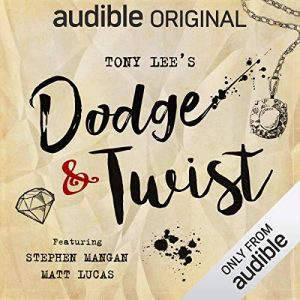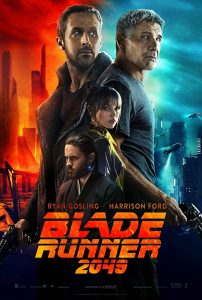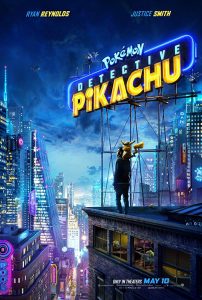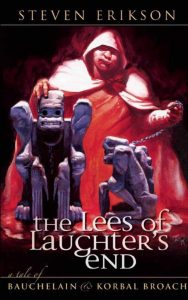 To be honest, I’m not even sure Dodge and Twist qualifies as a thing I review. It’s in a weird netherzone heretofore unexplored. Because it’s a book without a book. In a dim forgotten age, it would have been a radio drama played out in half hour segments over a series of weekly appointments with the local PBS affiliate. But here in modernity, I got it with one of my Audible credits because I had so much new stuff to read between Malazan installments. So, does that even count as a book? I still can’t decide, but a full paragraph in, I may as well finish as scrap the whole thing, right?
To be honest, I’m not even sure Dodge and Twist qualifies as a thing I review. It’s in a weird netherzone heretofore unexplored. Because it’s a book without a book. In a dim forgotten age, it would have been a radio drama played out in half hour segments over a series of weekly appointments with the local PBS affiliate. But here in modernity, I got it with one of my Audible credits because I had so much new stuff to read between Malazan installments. So, does that even count as a book? I still can’t decide, but a full paragraph in, I may as well finish as scrap the whole thing, right?
This is a sequel of sorts to Oliver Twist, a book with which I am somewhat familiar without having really ever read it. Like, I know the first half pretty well from summary kidbooks, where the boy who wants more food at the workhouse eventually falls in with a master criminal who is more of a petty thief through our eyes, and also a murderous guy and his tragic girlfriend, and most importantly the Artful Dodger, best of the pickpockets in Fagin’s child criminal army. How or why the book ends, though, I could not tell you. Did I never finish the kidbook version? Was the story boring once all the pickpocketing interludes were over, and so I’ve forgotten? Who knows!
Anyway, now it’s twelve years later, and our characters (those still alive) are brought back together by circumstance, with stand-ins aplenty for the characters who are not (still alive, that is). Will Oliver be corrupted this time? Will Dodger have a brilliant plan for the biggest heist of all time? Will everyone sound terribly British? The answers may surprise you! …I mean, probably not though.
The biggest upside, of course, is that this sequel was in fact not written by Charles Dickens. But that’s because it’s a really big upside. At 5 hours, this was not a huge investment, and I liked the return. Plus also, now I have a slightly better idea of how the original book ended. Only slightly, but still.
 The other movie I’ve watched lately (because these are both like two weeks old, sigh) is
The other movie I’ve watched lately (because these are both like two weeks old, sigh) is  During the credits for
During the credits for  Well, this is incredibly annoying.
Well, this is incredibly annoying.